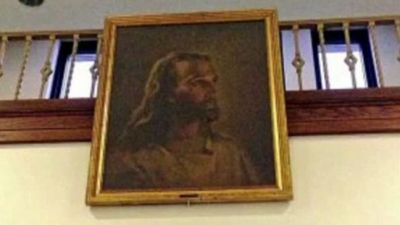Is Attention Deficit Disorder /Hyperactivity rising significantly?
Poll Results
Is Attention Deficit Disorder /Hyperactivity rising significantly?
Yes, clearly so Votes: 1
Yes, but it is over-diagnosed Votes: 5
Somewhat but not as bad as suggested Votes: 1
No, it has always been bad (but undiagnosed in past) Votes: 0
No, they are going wild with their diagnoses Votes: 8
Other Votes: 2
Discussion
"North Dakota has signed a new law prohibiting some abortions as soon as six weeks."
Body
The New York Times reports that the measure, which is scheduled to take effect in August, will “ban nearly all abortions,” including “abortion once a fetal heartbeat is ‘detectable,’ which can be as early as six weeks into a pregnancy.” In addition, the law also would ban sex-selective abortions and abortions based on genetic defects, such as Down Syndrome.
Discussion
Phoenix AZ latest to face public restroom dilemma
Body
“The new bill would protect businesses from criminal charges if they refused to allow, for example, a biological man who identifies as a woman [to enter] a women’s restroom.” Restroom roulette in Arizona
Discussion
GOP Chairman softening on gay marriage?
Body
“I think that you have to strike a balance between principle and grace and respect and that’s what I’m just trying to do.”
Related:

Discussion